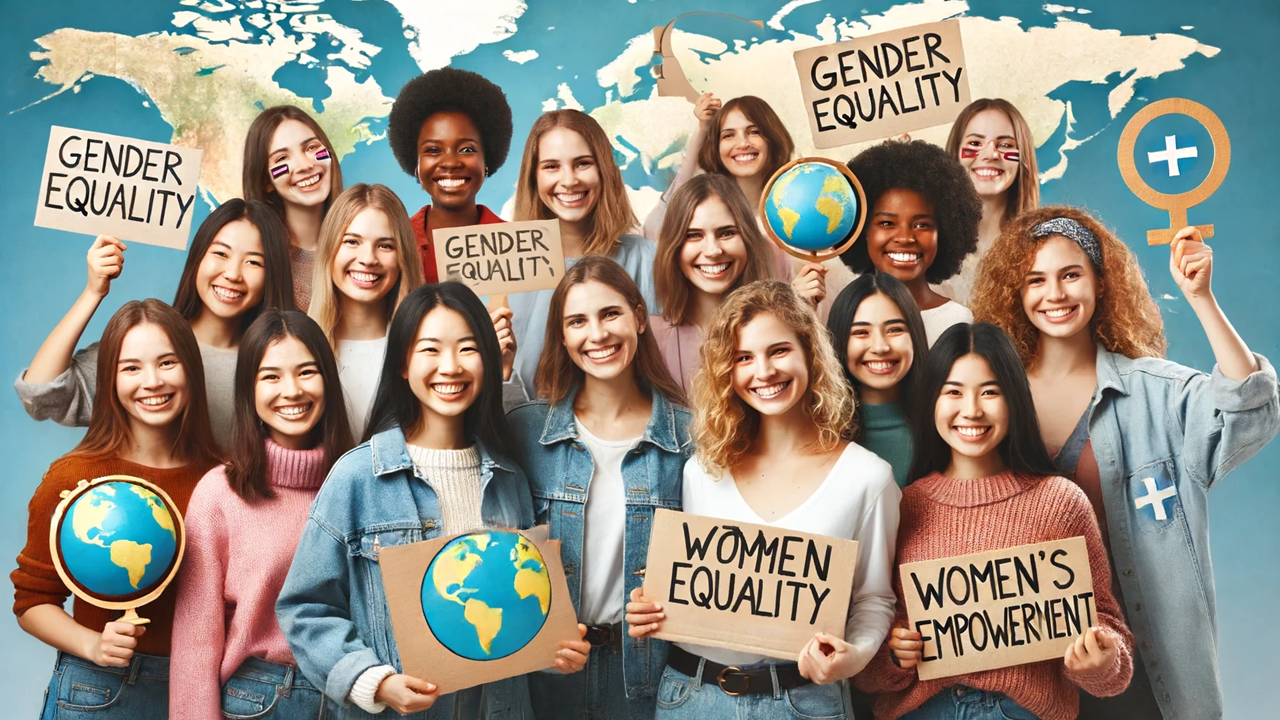Mongolia Faces Challenges in Sustaining Gender Equality Despite Reforms: World Bank Report
The persistence of stereotypical attitudes and gender norms contributes to these inequalities, with violence against women being a major concern.

- Country:
- Mongolia
Despite recent reforms aimed at promoting gender equality, women in Mongolia continue to face obstacles to full participation in the workforce and leadership roles, which could potentially reverse progress made in recent years, according to a World Bank Gender Assessment report.
The report highlights positive strides in areas such as education and healthcare, noting that Mongolia’s maternal mortality rate has reached a historic low of 39 deaths per 100,000 births, significantly below the regional average of 74. The country has also introduced key legislative updates over the last five years, including reforms to the Labor Law, Parliamentary Elections Law, and Political Party Law, which have improved legal protections for women.
However, entrenched gender disparities remain, particularly in the labor market and leadership roles. Women are 15% less likely to be employed than men and earn 25% less on average, despite higher levels of university education. In decision-making positions, women make up only 30% of mid-level managers and a mere 15% of high-level managers.
The persistence of stereotypical attitudes and gender norms contributes to these inequalities, with violence against women being a major concern. One in five women reports experiencing violence before the age of 15, which has long-lasting effects.
The report also highlights that men in Mongolia face challenges as well, with a life expectancy gap of 9.4 years between men and women, the largest in the East Asia and Pacific region.
To address these issues, the World Bank recommends creating more jobs for women in climate change mitigation and the green economy, implementing stronger protections against gender-based violence, and providing psychosocial services for both men and women.
- READ MORE ON:
- Mongolia
- World Bank
- Gender Equality










